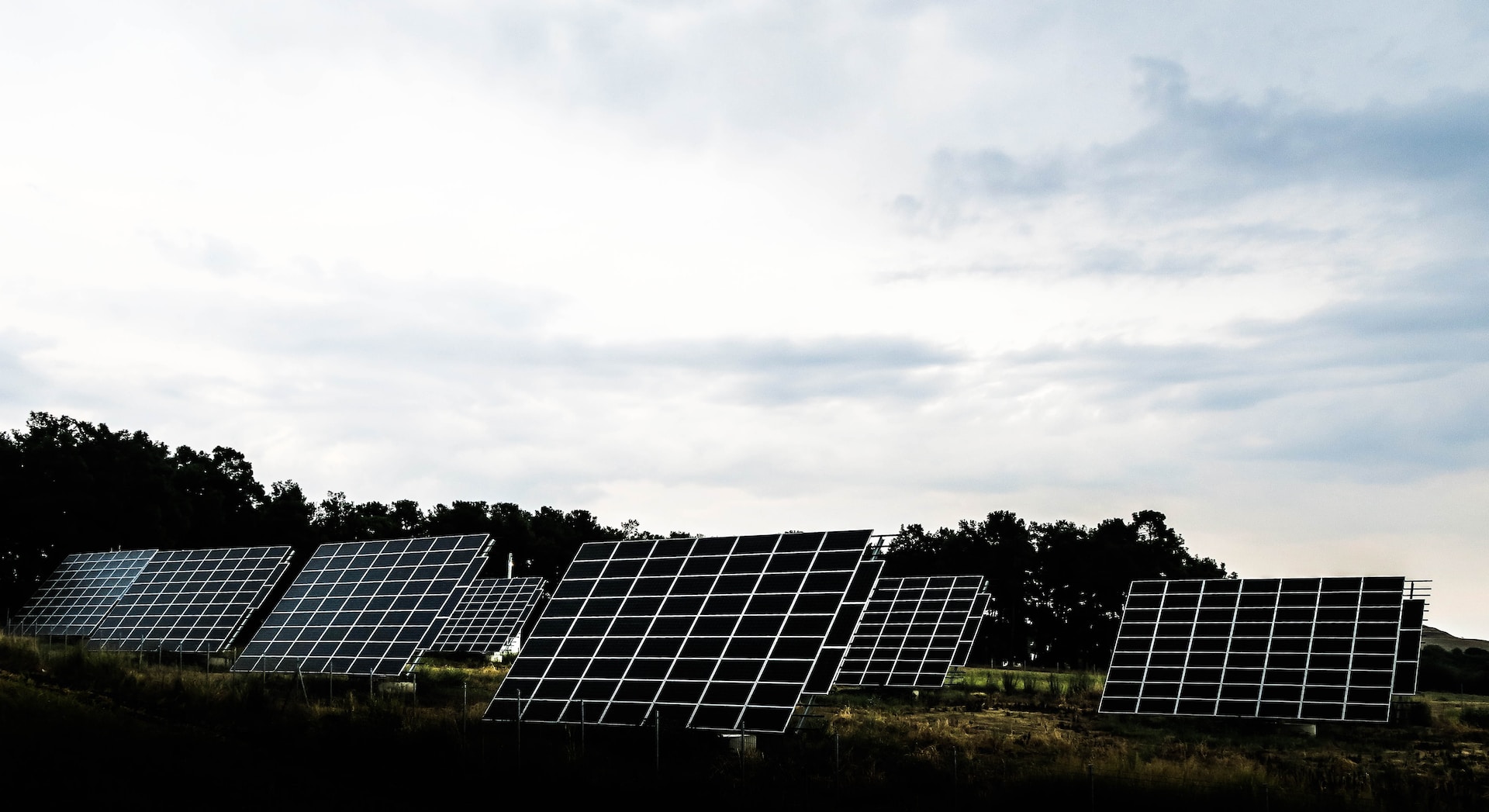Warsaw, Poland — As Poland grapples with its legacy as one of Europe's foremost coal consumers, the country's recent elections signal a potential shift towards a greener future. But while optimism is in the air, the road to genuine climate action is fraught with challenges.
The right-wing Law and Justice party (PiS), which has been at the helm since 2015, has often been criticized for its tepid approach to climate change, both domestically and within the European Union. However, the winds of change seem to be blowing. Despite the PiS securing the most votes in the parliamentary elections held on October 15, a coalition of more climate-conscious parties is expected to form the next government.
A Coalition with a Green Vision?
The anticipated union between the centrist Civic Coalition, the center-right Third Way, and the left-wing Lewica parties promises an accelerated pace in building a cleaner energy infrastructure. Their collective vision, while ambitious, paints a picture of a Poland that is more in line with global climate goals.

Zuzanna Rudzińska-Bluszcz, who leads the Polish branch of the environmental organization ClientEarth, expressed a cautious optimism. "It's a landmark moment in modern Polish history," she remarked. "Yet, the path ahead is filled with hurdles."
Donald Tusk's Civic Coalition envisions a significant overhaul of Poland's coal-dependent power sector, aiming for a whopping 65% of electricity generation from renewable sources by 2030. Lewica echoes these sentiments with calls for rapid renewable energy expansion and comprehensive upgrades to the nation's power grids. The Third Way, although less explicit about its climate goals, champions the idea of energy independence.
Joanna Maćkowiak-Pandera, president of the energy thinktank Forum Energii, observed a unified vision among the coalition members. "The parties exhibit a notable coherence on energy and climate, and their ambitions are commendable," she noted.
Navigating the Challenges
However, ambition alone might not suffice. The coalition, as diverse as it is, might find consensus elusive, especially on issues beyond the realm of renewable energy.

The coal workers' unions, historically powerful and resistant to rapid changes, could pose significant challenges. Furthermore, the president's veto powers until 2025 might serve as another bottleneck for sweeping reforms.
Szymon Kardaś, a policy fellow at the European Council on Foreign Relations, emphasized the economic challenges. "The new government will inevitably confront challenges tied to the energy agenda, most notably the soaring energy prices," he said.
A Legacy of Resistance
Poland's historical resistance to EU's climate policies is well-documented. Its heavy reliance on coal has often put it at odds with the broader European green agenda. Such resistance was evident when the government challenged several EU rules aimed at amplifying climate action, further solidifying its image as a climate skeptic.
Yet, amidst this backdrop, there have been pockets of change. As Michał Smoleń from thinktank Fundacja Instrat highlighted, there was a partial easing on the ban of new onshore wind power projects imposed in 2016. Additionally, the government has shown support for clean technologies, leading to a surge in the heat-pump market in 2022.
The Road Ahead Rudzińska-Bluszcz encapsulated the dichotomy of Poland's stance on coal and climate action. "In practice, the transformation is unfolding. But in words, coal is still glorified as Poland's gold."
The upcoming years will be crucial for Poland. As the world races against time to mitigate the impacts of climate change, Poland's new coalition has the opportunity to reshape the nation's environmental legacy. Whether they can successfully navigate the challenges and turn ambition into action remains to be seen.
©GlobalCO2.uk





